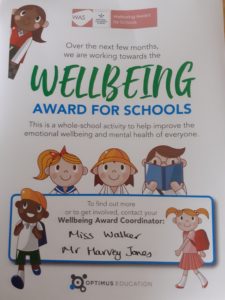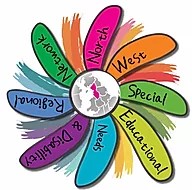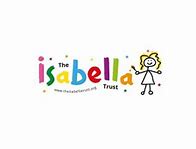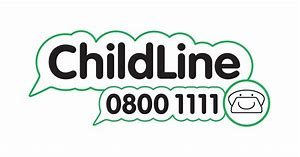Wellbeing
Online Safety
It’s important to remember that the legal age to have an account on most social media is 13. This includes; Instagram, Facebook, Whatsapp YouTube and Snapchat.
Being online is an important part of children and young people’s lives. Social media, online games, websites and apps can be accessed through mobile phones, computers, laptops, iPads and tablets – all of which form a part of children and young people’s online world. Online technology provides new opportunities for young people’s learning and growth, but it can also expose them to new types of risks.
At school
At Park View Academy E-safety is an integral part of children’s education and is embedded in their learning at school. As part of your child’s curriculum and development of computer skills, we provide access to the internet only in teacher supervised lessons. At the start of the school year, each class discuss how we can stay safe online and the dangers we may face on the internet. During the first unit each child completes an internet safety unit of work. During the unit of work the children are made aware of the nature of the possible threats that could encounter while engaging in activity through the internet. The children are taught ways in how they can stay safe online. By teaching the children how to stay safe online we can help to prevent and mitigate the risks that are involved with using digital technologies.
At home
As a parent or carer you play a key role in helping your child to stay safe online. You don’t need to be an expert on the internet to help keep your child safe online. There are many ways that you can support your child to have a safer online experience and build up their resilience to get the best out of the digital world as they grow.
Explore together
Talk to your child about what the internet is and explore it together so you can show them all the great fun and educational things they can do.
Be involved
Encourage them to use devices in a communal area like the lounge or kitchen so you can keep an eye on how they’re using the internet and also share in their enjoyment.
Put yourself in control
Install parental controls on your home broadband. Most Internet-enabled devices also allow you to set parental controls so you can manage screen time.
Use passwords
Keep your devices out of reach and set passwords on all your internet-enabled devices and don’t share them. Then you’ll know when and where your child is accessing the internet. You can also make sure they’re not making additional purchases when they’re playing games or using apps.
Set boundaries
It’s never too early to start setting boundaries. Set some rules about how long your child can spend online.
Talk to siblings
It’s also a good idea to talk to any older children about what they’re doing online and what they show to younger children. Encourage them to be responsible and help keep their younger siblings safe.
Check if it’s suitable
The age ratings that come with games, apps, films and social networks are a good guide to whether they’re suitable for your child. For example, the minimum age limit is 13 for several social networking sites, including Facebook and Instagram.
Use airplane mode
Use airplane mode on your devices when your child is using them so they can’t make any unapproved purchases or interact with anyone online without your knowledge.
Screen time
At home children should have a balanced use of screen time. This can have key benefits to help them learn, explore and interact with the world around them. Click your child’s age below to read the guide with some top tips to support your child.
Click on the pictures below and follow the link to see a guide with tips on how to keep your child safe while on the internet.
To support you in protecting your child online there are some useful links below to sites with tips and guidance. Click on the app logo to read the guidance.
Simplified Social Media Terms and Conditions for Facebook, Instagram, Snapchat, YouTube and WhatsApp.
Children often don’t know what they’re signing up to when they join Facebook, YouTube, Snapchat, WhatsApp or Instagram. The Children’s Commissioner has worked with lawyers to create simplified versions of Terms and Conditions for the most popular social media platforms. Click the photographs below to read the simplified terms and conditions for each of the social media apps/websites.
Although the majority of social media apps have a minimum age of 13 and over, there are a number of social media apps and tools that are made for those under 13. These can help your child learn how to interact with their friends online in a safer environment so, they’re well prepped to use the larger social platforms when you feel they’re ready.
Click the link below to find some child friendly social media apps.
Here are some online safety videos that you can watch at home.
Here are some useful online safety websites.
WellBeing Award for Schools
During this stressful and cooped-up time, don’t let the pressure of parenting get you down. Try these simple tips and tricks, formulated by researchers and NHS mental health experts, which are backed by science and proven to work with families.










